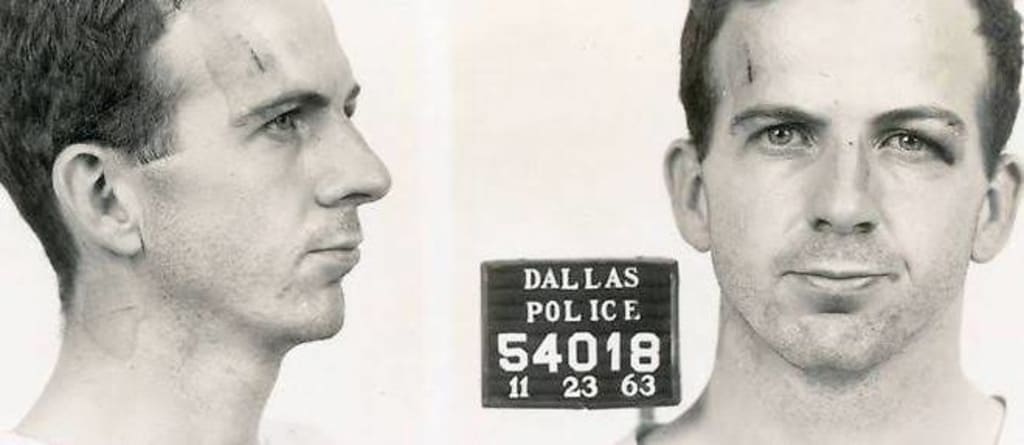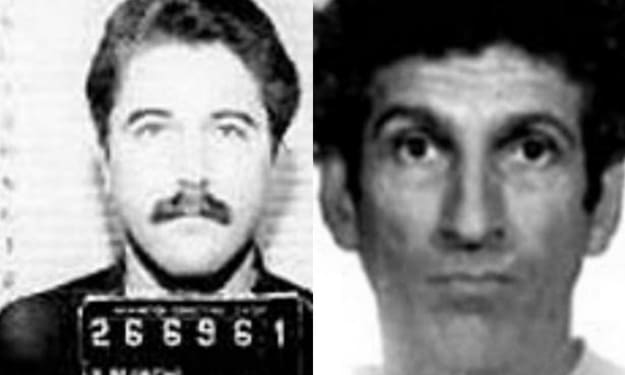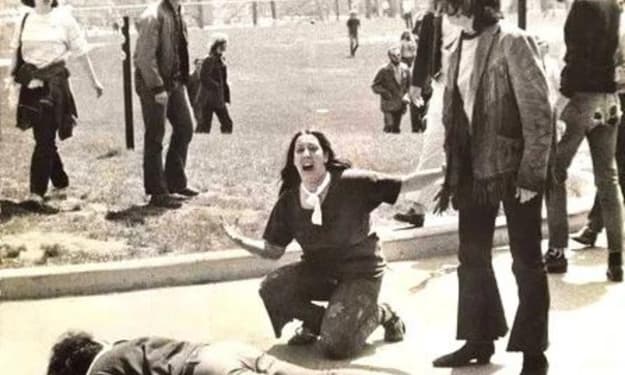Patrick Kearney ("Trash Bag Killer")
Patrick Kearney, infamously known as the "Trash Bag Killer," was a notorious American serial killer who terrorized Southern California during the 1970s

Patrick Kearney, infamously known as the Trash Bag Killer was a notorious American serial killer who terrorized Southern California during the 1970s. His disturbing spree of violence and murder came to light as law enforcement painstakingly connected the dots and unveiled the extent of his heinous crimes. Kearney's story is a chilling reminder of the darkness that can lurk within seemingly ordinary individuals.Born on September 24, 1939 in East Los Angeles, Kearney exhibited signs of a troubled childhood. He struggled with his sexuality and felt isolated from his peers, which likely contributed to his later deviant behavior. After a brief stint in the military Kearney settled into a seemingly normal life, marrying and fathering three children. However, beneath this facade of normalcy, a sinister transformation was taking place. Kearney's killing spree began in the early 1970s. His modus operandi typically involved luring young men, often drifters or those involved in sex work, to his home. There, he would shoot or strangle them, dismember the bodies and dispose of the remains in trash bags, earning him the macabre moniker "Trash Bag Killer." This method of disposal made it difficult for law enforcement to connect the dots initially, as the victims' remains were scattered and difficult to trace.
The chilling aspect of Kearney's crimes lay not only in the brutality of the murders themselves but also in the calculated manner in which he attempted to evade detection. He selectively targeted victims who were less likely to be reported missing promptly exploiting societal biases and prejudices that often led to marginalized individuals being overlooked. Kearney's ability to exploit these vulnerabilities further highlights the systemic issues that can aid serial predators in evading justice. The breakthrough in the case came in 1977 when an unrelated investigation led police to Kearney's apartment. There, they discovered evidence linking him to the murders. Kearney quickly confessed to his gruesome acts, providing chilling details of his crimes. In exchange for his cooperation and confession, he secured a plea deal, revealing the locations of the remains of his victims. This information allowed law enforcement to finally provide closure to the families of the victims. Kearney's motivations for his killing spree remain a subject of speculation and psychological study. While he mentioned a desire for companionship and an intense fear of abandonment as contributing factors, experts believe that deeper psychological issues likely played a significant role. His struggles with his own identity and sexuality might have fueled a sense of anger and resentment that manifested in his violent acts.
The Trash Bag Killercase prompted discussions about the methods law enforcement use to investigate serial killers and the challenges they face when dealing with criminals who are skilled at covering their tracks. Kearney's ability to evade suspicion for a prolonged period underscores the importance of interagency cooperation, data-sharing, and thorough investigative techniques.
Patrick Kearney's case also raised questions about the ethical dilemmas surrounding plea bargains in cases of heinous crimes. Some criticized the plea deal he received, arguing that it allowed him to escape the full extent of justice for his actions. However, others defended the decision, pointing to the closure it provided to the families of the victims and the valuable information it offered to law enforcement. In 2023, Patrick Kearney's case continues to serve as a cautionary tale and a subject of interest for criminologists, psychologists, and law enforcement professionals. It highlights the complex interplay of personal psychology societal biases, and law enforcement procedures in the realm of criminal investigation. Kearney's name is forever linked to a dark chapter in the annals of true crime, a somber reminder that monsters can often wear the disguise of ordinary individuals, lurking just beneath the surface.
About the Creator
Enjoyed the story? Support the Creator.
Subscribe for free to receive all their stories in your feed. You could also pledge your support or give them a one-off tip, letting them know you appreciate their work.





Comments
There are no comments for this story
Be the first to respond and start the conversation.